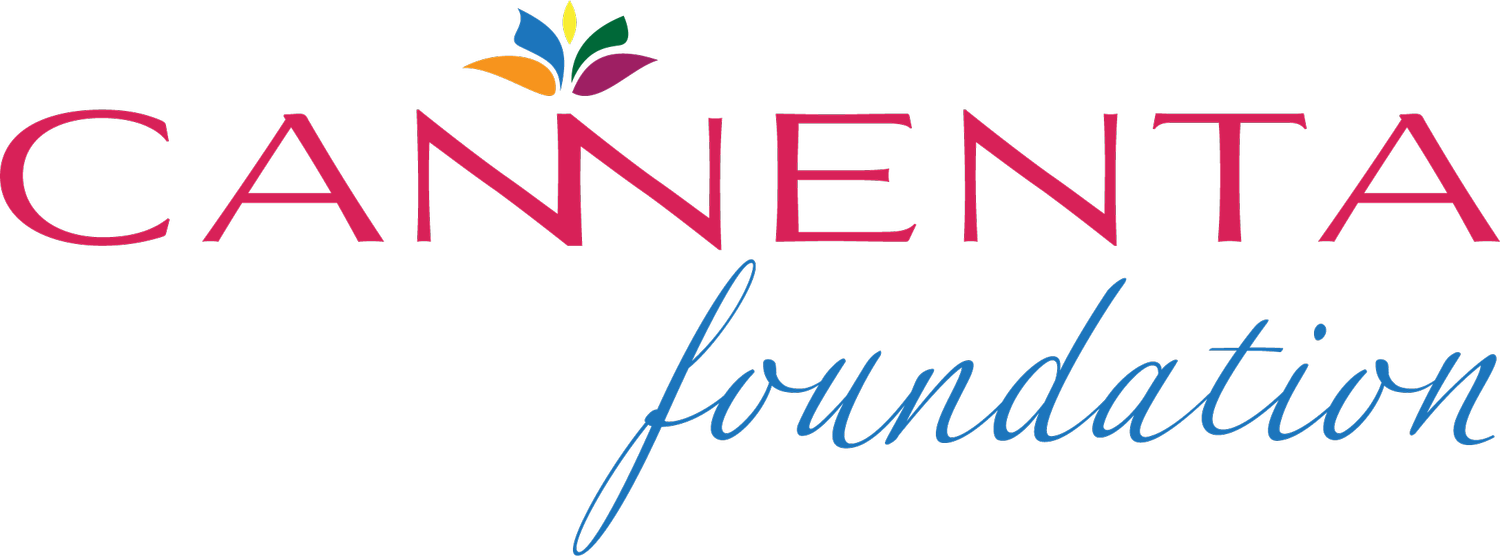
Community Sessions
Session A
11:15 a.m. – 12:15 p.m.
Room Eight
Benefits of Laughter & So Much More!
Rosa Linda Cruz, LPC, CSC, CLYL & M.Ed. (Counseling & Wellness Services, Inc.)
The Benefits of Laughter emphasizes the positive effects on incorporating joy in our lives. The history, research and techniques are shared with participants to implement on a daily basis. The interactive laughter exercises allow everyone to directly engage in the beneficial aspects of this program. The research based process implements a professional and personal wellness approach in all settings for all ages. The Presentation also shares a wide array of self-care tools that includes breathing exercises, progressive relaxation and so much more. The additional resources allow participants to further engage in beneficial skills in nurturing the connection between the physical, emotional and mental well-being.
Objectives:
History and Research on Laughter
Learn & Engage in Strategies
Implement Techniques in Professional and Personal Environment
Room Nine
First Generation Americans & Mental Health
Zamanda Martinez, LPC-Associate (Mending Clinic)
First Generation Americans face unique challenges balancing family of origin and their country's values. I will begin by sharing my personal story as a first generation Mexican American myself to engage audience. I will then share my story of hope and provide my credentials. I will touch on defining what a is a first generation American as defined by the United States Census Bureau compared to how we see first generation Americans defined in our communities. I will also touch on the most common mental health symptoms first gens are likely to experience. Discuss some common traits of a first gen individual and how the Maslow's Hierarchy of needs relates to the issues many may face at home with their parents while navigating college, professional careers or entrepreneurship. I will also touch on Barry's Model of Acculturation and help the audience understand the healthiest strategy is integration. I will also show a YouTube clip of Selena's experience with bicultural straddling before defining it to the audience. I will end by helping the audience find a way to show themselves self-compassion, understanding of themselves and their families. Conclude with helping audience recognize that they are more than a root system, all though the root system is so important, part of the journey towards long term health is helping the audience look beyond their cultural identity in themselves.
Objectives:
Learning how being a first generation American navigating two different cultures can significantly increase the risk of mental health issues such as anxiety, depression, imposter syndrome and self-doubt.
Understanding how balancing family of origin and distinguishing your own values based on the experiences from the American Culture and how it can at times create an internal conflict when it does not align with the culture of their family. (using Maslow's Hierarchy of Needs )
Learn how to find your own voice, set boundaries, and shift core beliefs about situation to improve mental health.
Room Ten
Immigration Law Panel Discussion
Sovmya George (Law Office of Sovmya George)
Tawsif Chowdhury (Chowdhury Law Firm)
Maria Bravo-Escoto (Escoto Law Firm)
Oscar Escoto (Escoto Law Firm)
In this informative session, four distinguished immigration attorneys will delve into the various pathways to citizenship for individuals aspiring to become US citizens. The session will offer a comprehensive overview of the processes involved in obtaining different visas and will provide attendees with valuable insights into the journey toward US citizenship. Participants will have the opportunity to ask questions and seek clarifications from the experts, making it an excellent resource for those navigating the complex world of immigration and citizenship. Whether you're just starting your citizenship journey or seeking further information, this session promises to be a valuable and empowering experience.
Room Eleven
Healthy Parenting Practices Within the Scope of Latinx Culture
Elizabeth Palafox, LMSW (Cannenta Center)
Dolores Abundis, MSW (Intern – Cannenta Center)
According to the National Research Center on Hispanic Children and Families, many standardized parenting programs in the United States are not always adapted to fit the needs of multicultural families. While these programs are valuable in educating parents about child development, healthy attachment, and evidence-based parent-child exercises, they can miss the mark on cultural competency. In Healthy Parenting Practices Within the Scope of Latinx Culture, community members will gain insight on how to better support Latinx parents and caregivers within the scope of the Latinx culture and its values. This session will cover the social and historical context influencing common child-rearing practices in Latinx families as well as discuss the importance of decolonizing from certain practices. In addition, the workshop will explore how Latinx families are more than their hardships by acknowledging and drawing from the family unit’s existing strengths in order to build on competencies in parenting. Interactive activities will be used to practice emotional regulation and teach the importance of co-regulation in parenting. Finally, nothing is possible without confianza, and this presentation will teach how providers can cultivate trust through a collaborative approach with families.
Objectives:
Gain a deeper understanding about the social and historical factors that influence parenting and childrearing in the Latinx culture such as gender roles, religion, comparison/scarcity mindset, colonialism, immigration, and biculturalism; while working towards decolonization.
Acknowledge the strengths and expertise found in Latinx family systems (mama, papa, abuelo/a, tio/a, padrinos, etc.) and encourage them to use these faculties to build further competencies associated with healthy parenting practices.
Practice emotional regulation through Body Map exercise and discuss the value of co-regulation between parents and children in order to create harmony and practice family problem-solving.
Learn to engage with families from a collaborative approach in order to build confianza or trust in the connection between providers and Latinx parents, caregivers, and family systems.









